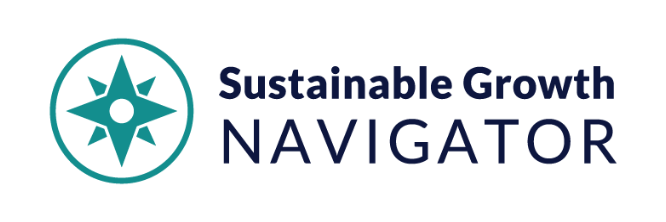Board members, CEOs, and executives give far more than a nod to sustainability today. Many see a window of opportunity.
But here’s the rub: they only have from today until about 2020 to get this right. The year 2020 is a key marker; it is the year by which the foundations for achieving Vision 2050 must be in place.
In February 2010, the World Business Council for Sustainable Development (WBCSD) released its Visi
on 2050: The new agenda for business report. Pulling this together was not a trivial task. It was compiled over an 18-month period by 29 leading global companies who represent 14 industries. It reflects the combined efforts of CEOs and experts, and benefits from dialogues with over 200 companies and external stakeholders in some 20 countries. The effort was significant. So is its content.
By 2020, corporate leaders must have the foundations in place that reinvent their companies around basic sustainability principles. This means that support the decoupling growth from resource intensity. It means finding new and innovative ways to deliver customer value while consuming a fraction of the hydrocarbon-based energy and materials used today. It means – as Unilever has committed in its Sustainable Living Plan – doubling the size of the business while cutting in half the environmental impacts (or footprint) of its products.
Unilever is not the only company setting the foundations in place; Akzo Nobel, BMW, Desso, DSM, DuPont, Marks and Spencer, Novelis, and Waste Management (among others) have been taking impressive steps.
But most companies have not – and for good reason. As Vision 2050 candidly summarizes, the biggest unanswered questions for business is “How do we get there?”
As an advisor to many of these executives, we hear these strategic questions:
- Do we fully understand in what ways sustainability will transform business?
- Do we honestly know where we stand today vis-à-vis our peers?
- Who are the true leaders? Behind the scene, what kinds of action do they take toward sustainability?
- Given the ever-changing expectations of stakeholders, how can we make sure we get this right?
- Are we positioning our company to reap the significant financial benefits?
- Will we be left with “stranded assets” – devalued as the sustainability transformation takes root?
- Will we miss the boat by doing business as usual? Will we be like Eastman Kodak (missing the digital photography evolution) or Borders Books (overcome by Amazon.com) and find ourselves saying, “Whoops – we missed that!”?
